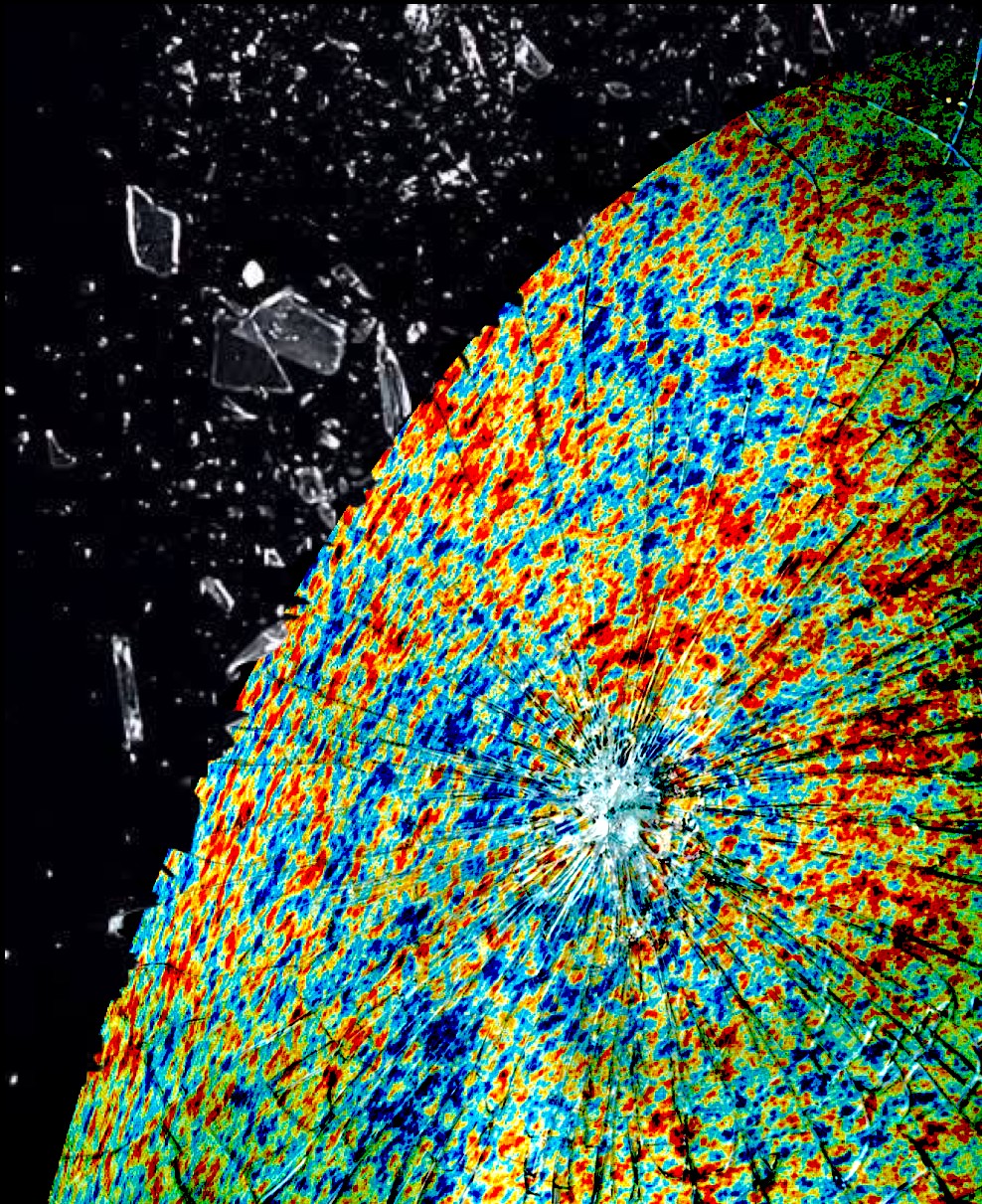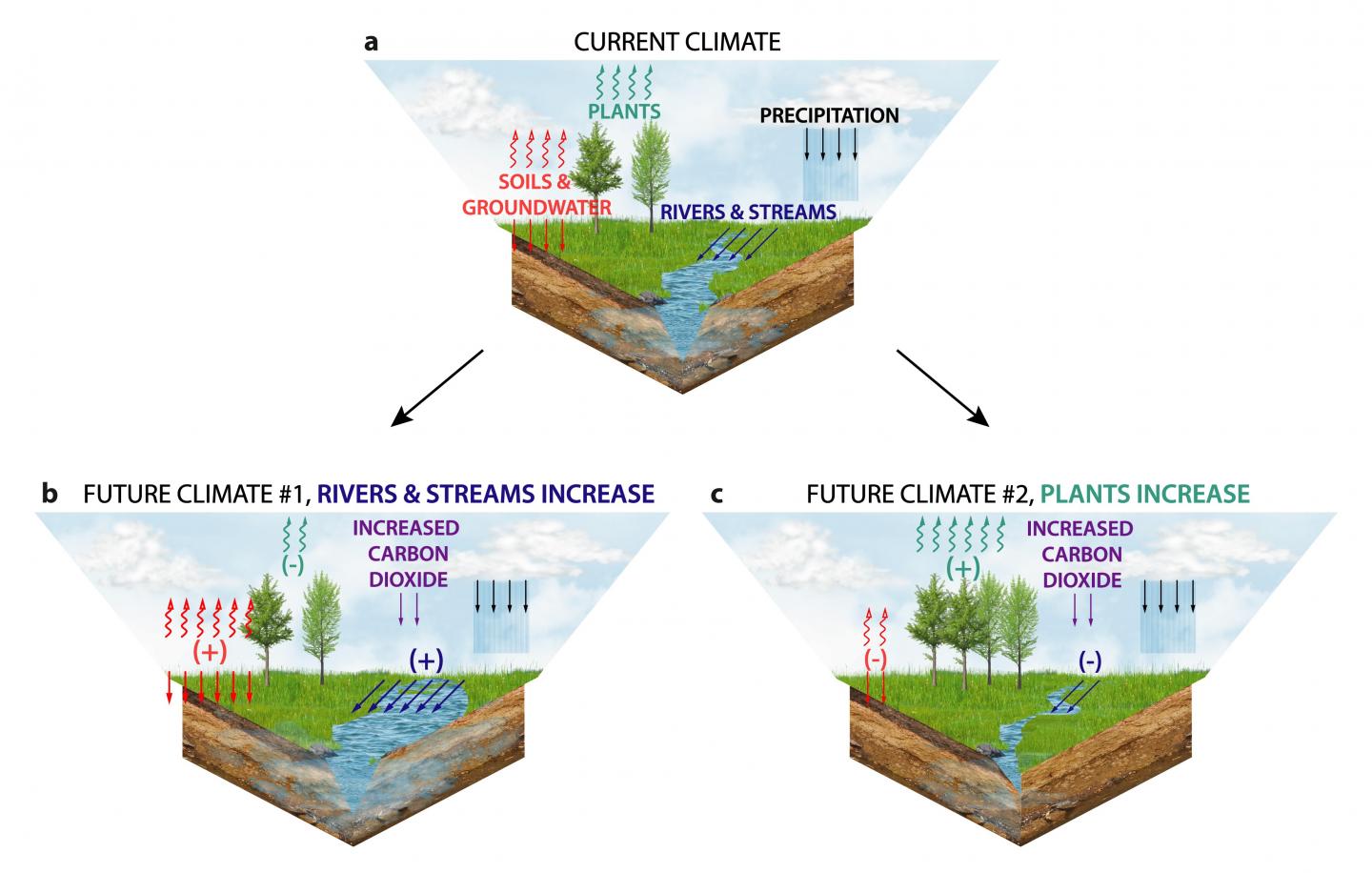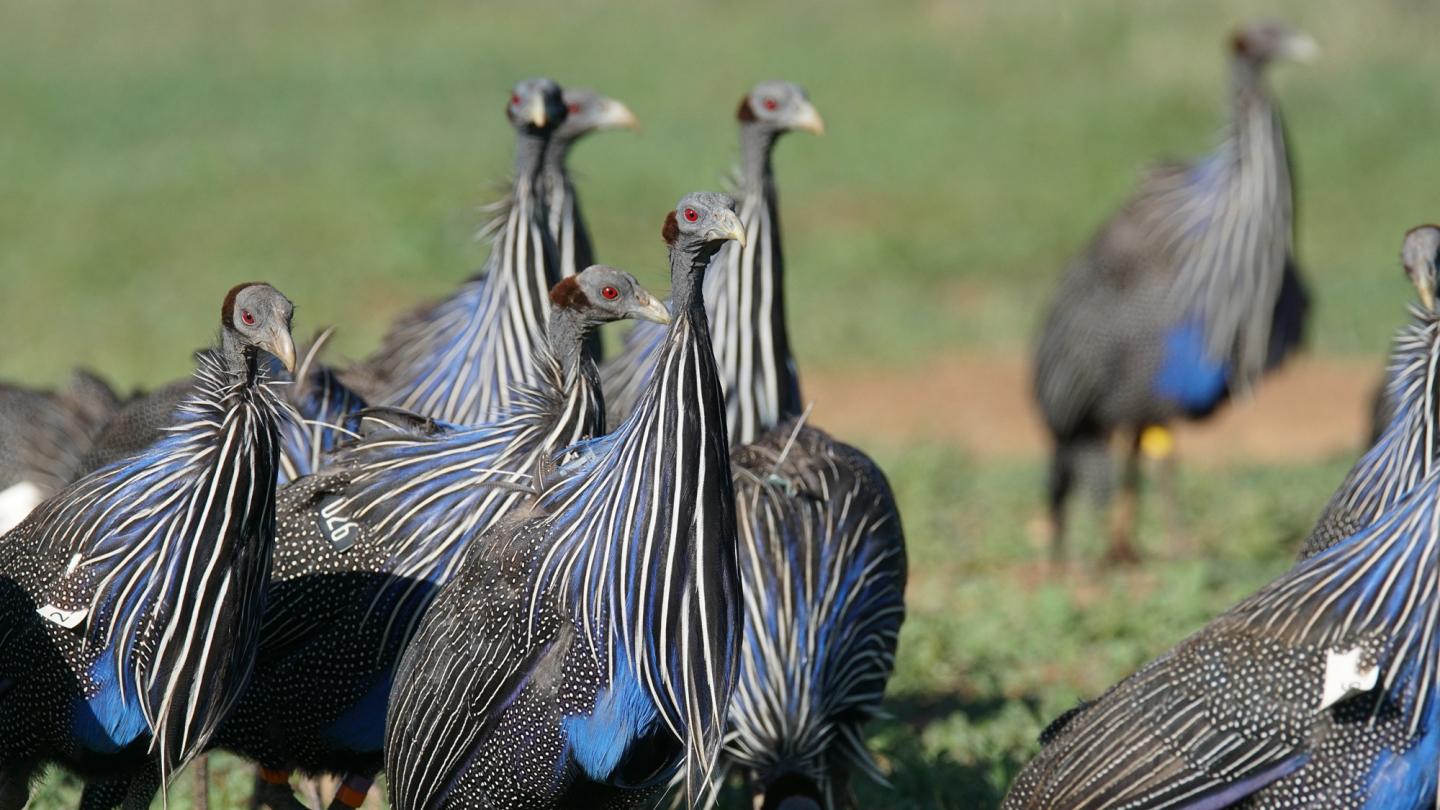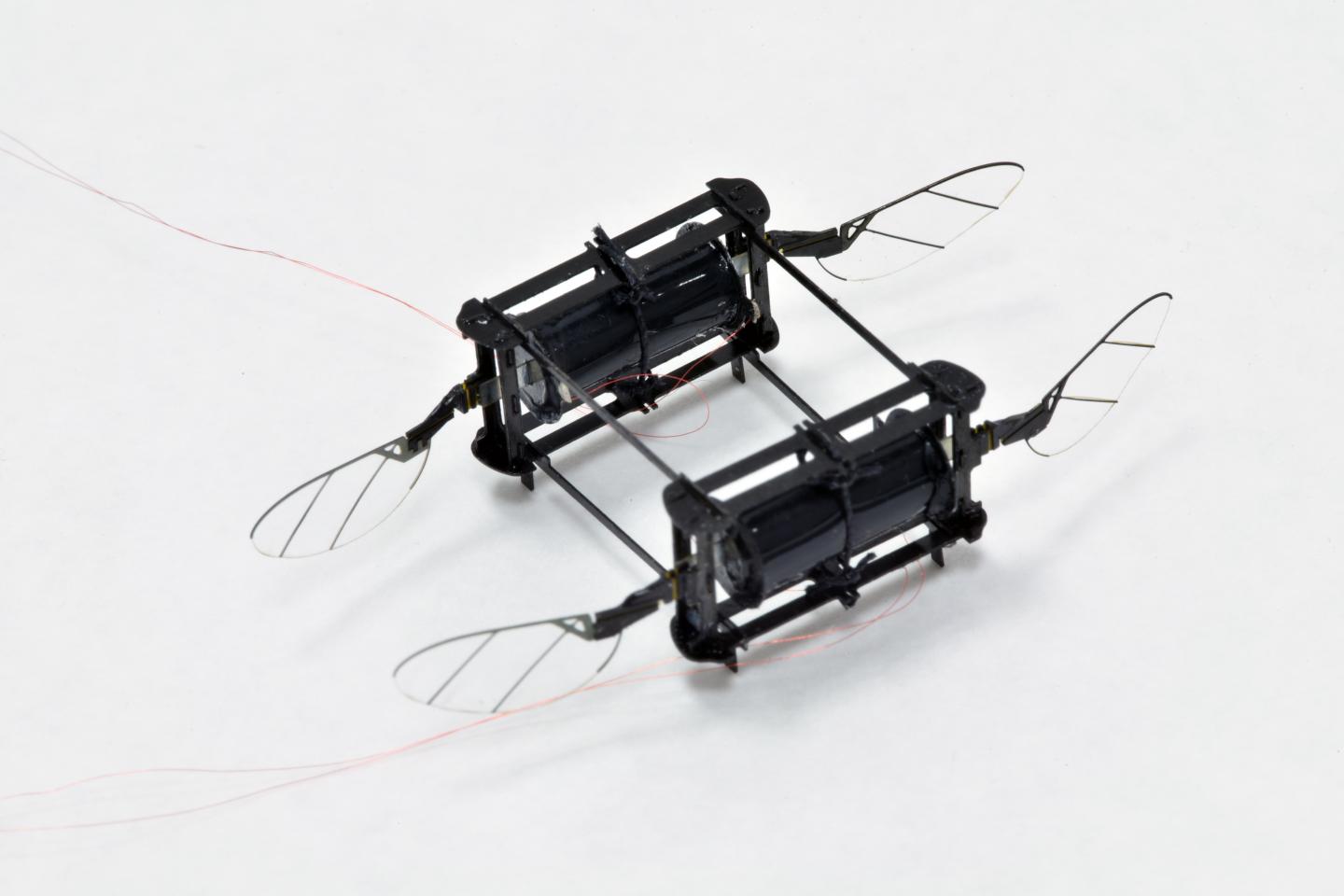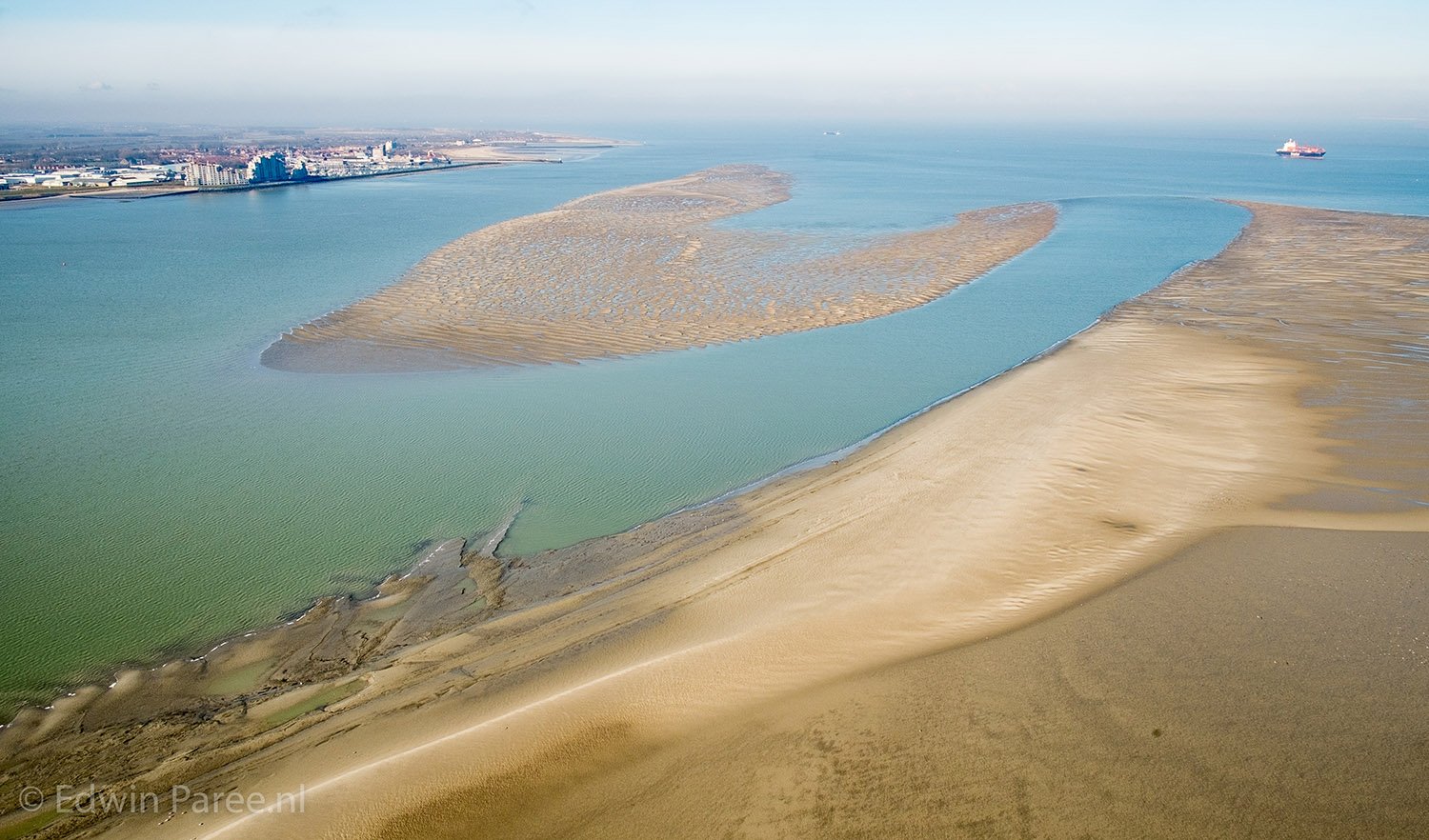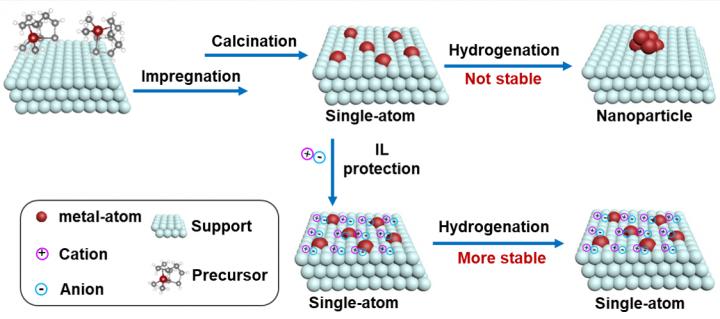Artificial intelligence driving digital pathology
An upgrade in The University of Queensland’s artificial intelligence capabilities could help to revolutionise pathology laboratories across Australia. Professor Brian Lovell said UQ’s high-performance computer, Weiner, was now able to deliver unprecedented performance for image processing and deep learning algorithms, allowing advancements in digital pathology. “We’ve also managed to run a number of graphics processing … Read more

